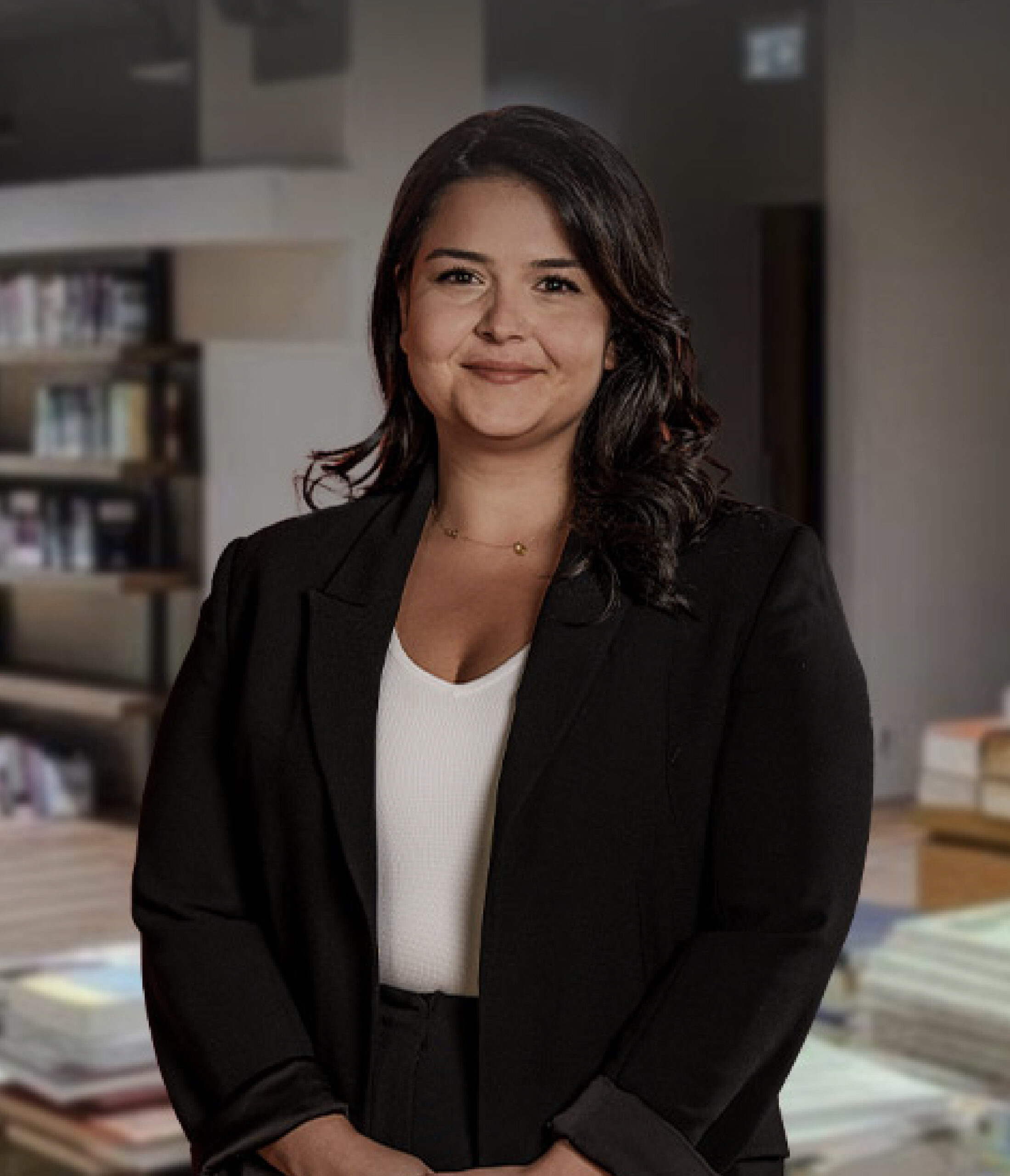Turkey is on the verge of a new era for intellectual and industrial property rights, with enactment of the new Industrial Property Law (“IP Law”). As a result, the country’s long discussed patent law practices are on the verge of substantial changes. The finalized IP Law was published in the Official Gazette on 10 January 2017, with the majority of provisions entering into effect on the same date.
The IP Law has been eagerly awaited in Turkey, since it unifies provisions for prosecution and enforcement of intellectual and industrial rights into a single Law (primary legislation). The move provides a solution to problems which have arisen in recent years due to intellectual and industrial rights finding their basis in Decree Laws (secondary legislation).
The Turkish Constitution states that (with limited exceptions) Decree Laws cannot regulate fundamental rights, nor may they regulate individual or political rights and duties, such as the right to property. Based on this restriction, the Constitutional Court has struck out certain articles of Decree Laws over recent years, which regulate trademarks, patents and industrial designs. Striking out such provisions caused a Turkey’s overall legislative framework for intellectual and industrial property rights to be weakened.
Significant headline changes under the IP Law include with regards to patent rights include:
Post-Grant Opposition System:
The IP Law introduces a post-grant opposition system, whereby third parties can now oppose a patent within six months of publishing the decision stating that the patent is granted.
The grounds for such a patent opposition are:
- The patent does not meet the patentability criteria.
- The invention is not disclosed in a sufficient manner.
- The patent exceeds the scope of the initial application.
Upon the Turkish Patent and Trademark Institute (“TPTI”) notifying the patent owner about an opposition, the patent owner can file a response or amendments to the patent.
If the Re-examination and Evaluation Board (“Board”) examines the opposition and finds that the patent conforms with the IP Law, it will refuse the opposition. If the Board concludes that the patent partially conforms to the law, it will confirm the partial validity. It will inform the patent owner accordingly, requesting the amendment of the patent in line with partial approval. If no amendments are filed (or the amendments are not approved), the patent will be invalidated.
Inventions By Scientific Staff In Higher Educational Institutions:
According to the IP Law, all inventions made by scientific staff (including regular students) while at work are deemed to be employee inventions, belonging to the university. The Decree Law previously stated that inventions by scientific staff in universities and other higher education institutions were free inventions. Therefore, the staff member would own the invention, rather than the university.
Under the change, the staff member must immediately notify the university of his/her invention. If the university does not claim the invention, it is deemed to be a free invention. If the university claims the invention, it must file a patent application. If the university does not duly file a patent application, the staff member receives the opportunity to file a patent application in his/her own name.
Compulsory License Criteria Expanded:
According to the prior Decree Law regime, a compulsory license will be granted in the event of:
- Non-use of the patent.
- Dependency of the patent’s subject matter.
- Matters of public interest.
The IP Law carries on these grounds for compulsory licenses, but also adds:
- Export of pharmaceutical products in case of public health in other countries, in line with the TRIPS Agreement.
- Plant breeder which cannot develop a new breed without infringing a patent.
- Patent owner which behave in a manner to restrict, prevent or damage market competition.
The prior regime allowed the party requesting a compulsory license to apply to the TPTI, requesting its mediation, with a view to obtaining a contractual license for the patent. However, the IP Law directs disputes arising from compulsory licenses directly to first instance courts, without referring the matter to the TPTI as mediator.
Omission of Protection for Patents Granted Without Substantive Examination:
The IP Law makes it compulsory to request a substantive examination within three months of notification of the search report.
Previously, patent applicants could proceed with registration after the state-of-the-art search report, without being required to request a substantive examination. Such patents, granted without substantive examination, were simply granted a shorter protection term of seven years (compared to 20 years’ protection, if the examination occurred).
Non-Patentable Biotechnological Inventions:
The IP Law expands the scope of non-patentable inventions. Accordingly, biological processes regarding plant or animal varieties or production thereof are considered non-patentable. An exception applies to microbiological process, or products obtained by means of such process.
Under the IP Law’s reforms, the following are continue to be non-patentable inventions, but are added to the primary legislation, as opposed to the provisions’ prior location in a Decree Law:
- Processes for cloning human beings.
- Processes for modifying the germ-line genetic identity of human beings.
- Use of human embryos for industrial or commercial purposes.
- Processes for modifying the genetic identity of animals which are likely to cause them suffering, without any substantial medical benefit to man or animal, as well as animals resulting from such processes.
- Discovery of elements of the human body, at the various stages of formation and development, including the sequence or partial sequence of a gene.
However, the IP Law notably still lacks an explicit definition of “biotechnological inventions”, as outlined by Article 52 of the EPC and Rules 27 and 29 of the Implementation Regulations.
Patentability of Second or Further Medical Use:
The IP Law’s patentability criteria does not include provisions which correspond to Articles 5 and 54/4 of the European Patent Convention as revised in 2000. Therefore, Turkish legislation continues to not explicitly permit or prohibit second (or further) medical use.
Reviving Abandoned Patents Due To Non-Payment of Maintenance Fees:
The IP Law allows patent holders to revive a patent which has lapsed due to failure to pay the annual maintenance fee in time. To revive such a patent, the right holder must deposit penalty fee within two months of the TPTI notifying that the patent has lapsed. The patent will become valid again on for a further year, running from the fee payment date.
Lack Of Criminal Provisions for Patent Infringement:
When enacted, Decree Laws allowed patent owners to prosecute infringements criminally. However, the Constitutional Court subsequently cancelled such criminal provision and patent rights could no longer be enforced via criminal complaints.
Unfortunately, the IP Law has not changed this approach for patents. While it introduces criminal provisions for trademark infringements, the IP Law does not include criminal provisions for patents or industrial designs.
Pre-Emptive Declaratory Judgments:
Obtaining a declaratory judgment in which a court determines that infringement has not occurred (“non-infringement determination”) is a key pre-emptive defensive measure for protecting intellectual property. Before initiating proceedings, the requesting party was previously required to send a notice to the Right Owner via a notary public. However, the wording in Decree Laws was unclear about whether this step was mandatory. The IP Law clarifies the notice step as not being compulsory for initiating such a non-infringement determination action.
* * *
The new IP law consolidates many articles of the Decree Law regime and accordingly many articles have been changed. Since the new legislation has now been enacted, it will soon be evident how the TPTI and first instance courts will apply the new provisions, as well as their approach to unregulated issues, such as second medical uses and biotechnological inventions.




